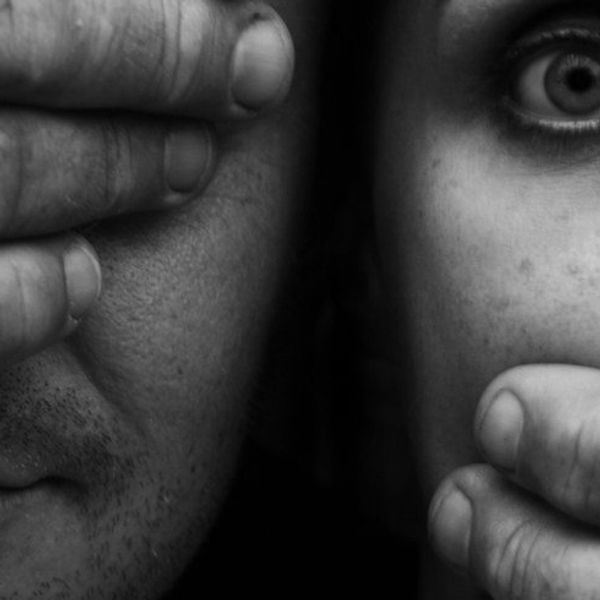If you’re between the ages of eighteen and twenty two you most likely have heard of popstar Lady Gaga and of growing national issue, sexual assault.
You may also be a student on a college campus.
But did you know that rape is the most common crime on American college campuses?
And that 1 in 5 students experiences sexual assault during college?
Or that 1 in 4 women will be the victim of sexual assault during her academic career?
Also, 50% of sexual assault involves alcohol abuse.
And that 80% of sexual assault is committed by an acquaintance.
A common myth is that sexual assault cannot happen to men, this is untrue. However, our society does discourage men from reporting incidents.
Nobody wants to talk about sexual assault or rape culture because it’s an uncomfortable topic, but Lady Gaga’s new video is opening up the discussion started by victims, students, and supporters on college campuses across the U.S.
*Video contains graphic content
Videos like this one, documentaries like the Hunting Ground, resources like anonymous reporting, campaigns like It’s On Us, and laws like Title IX are advancing the resources for victims of sexual assault.
There are many resources on the SUNY Cortland campus as well, which are making it easier for victims to report abuse instead of being discouraged by the “boys will be boys” rape culture.
What is Title IX?
The Title IX law states that, “No person in the United States shall on the basis of sex, be excluded from participation in, be denied the benefits of, or be subjected to discrimination under any education program or activity receiving federal financial assistance.” (cortland.edu/titleix)
This law was originally created to maintain equality in women’s sports. However, it extends to sexual assault and sexual harassment.
What constitutes as sexual assault/harassment?
Sexual discrimination, harassment, assault, misconduct or violence can take many forms, including any sexual content that lacks mutual consent. (cortland.edu/titleix)
What constitutes as consent?
*Video contains vulgar language--but explains consent better than I could.
What types of incidents should be reported?
Any instance of sexual harassment, assault, dating or domestic violence.
What is anonymous reporting?
You can report by starting with a phone call or email, by stopping by one of the reporting locations, or even online. You can even report anonymously. See "Where Can I Report?" or "What About Anonymous Reporting?"
It is your right to be treated with dignity by each and every person you may deal with in this process. It is your right to choose with whom you speak and what you wish to share. If, at any point, you feel uncomfortable or pressured, in any way, you have the right to discontinue the conversation and to seek other support. There are many individuals available who are trained to help victims/survivors of sexual assault and are sensitive to the issue.
Recently, an Issues in News class here at SUNY Cortland has begun a campaign to bring the issue of rape culture on campus to light.
Student involvement in the movement to reduce sexual assault is important considering how many emails the campus receives about rape incidents.
The class has begun doing pop-up discussions across campus encouraging male and female students to join in the talks and stop the “silence” about this problem.
For more information about #stoppingthesilence: A discussion on the issues of rape and campus safety you can follow the class’ Instagram: @stopping_the_silence or Twitter: @stoppthesilence
We hope that nobody on a college campus goes out with the intention of sexually assaulting someone. However, if you see something happening that is clearly wrong, do not assume it’s “not your business” and try to interfere or stop the situation from progressing. Watch out for your friends when alcohol is available and when you may not know everyone or their intentions.
For more information about reporting, contact Nan Pasquarello, SUNY Cortland Title IX Coordinator.





















